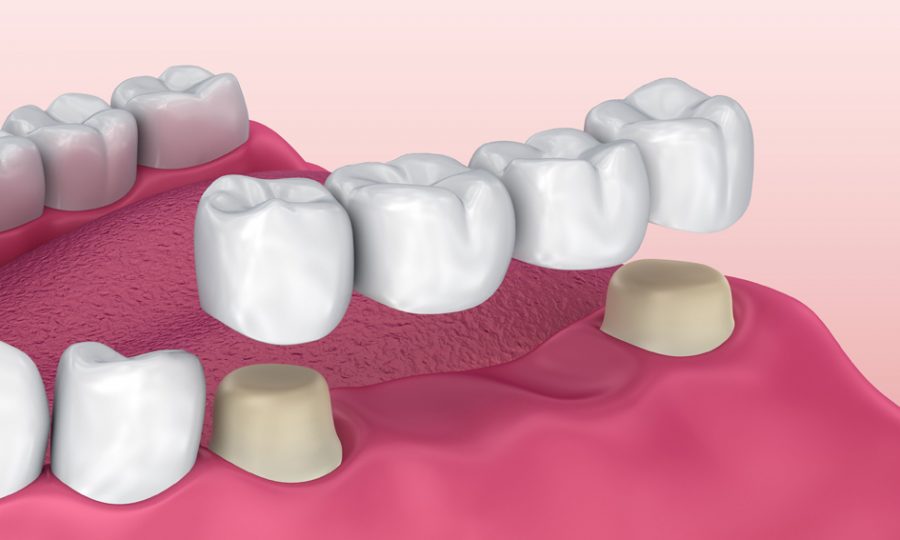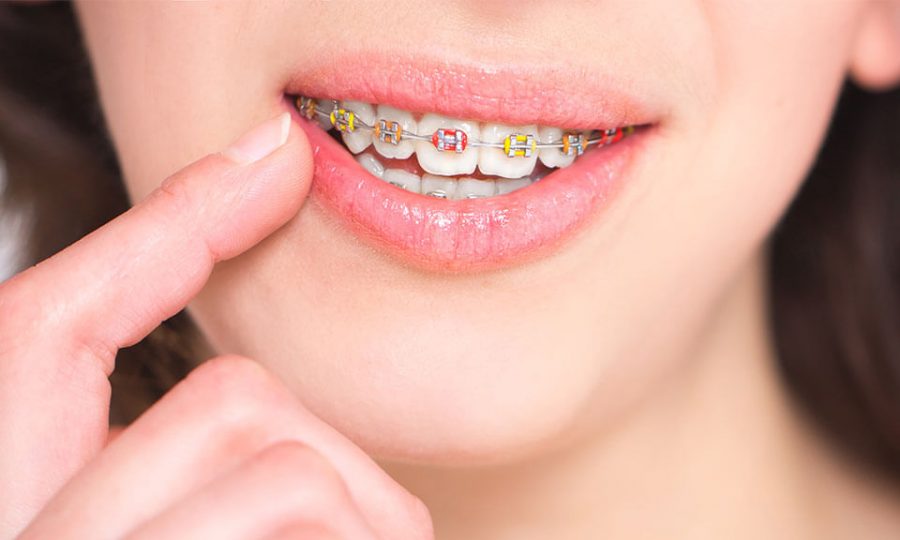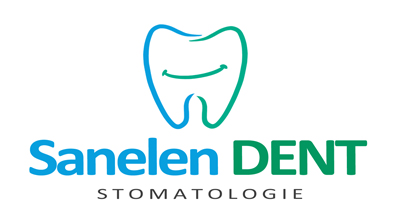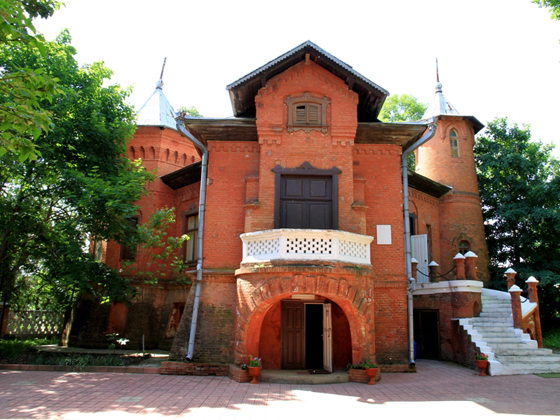Dental Bridge
What is a dental bridge?
If you have missing teeth, your dentist can close — or bridge — the gaps in your smile with dental bridges. A dental bridge is a false tooth (called a pontic) that is held in place by the abutment teeth on either side of the gap. Although pontics can be made from a variety of materials such as gold, typically they’re made from porcelain to aesthetically blend in with your natural teeth.
Dental bridge types
There are four main types of dental bridges:
- traditional
- cantilever
- Maryland
- implant-supported
Traditional dental bridge
A traditional dental bridge consists of a false tooth or teeth being held in place by dental crowns that have been cemented onto each of the abutment teeth. A traditional bridge is the most popular type of dental bridge and can be used when you have natural teeth on both sides of the gap created by your missing tooth.
Cantilever dental bridge
Although similar to a traditional bridge, the pontic in a cantilever dental bridge is held in place by a dental crown that is cemented to only one abutment tooth. For a cantilever bridge, you only need one natural tooth next to the missing tooth gap.
Maryland dental bridge
Similar to a traditional bridge, Maryland dental bridges employ two natural abutment teeth, one on each side of the gap. However, while a traditional bridge uses dental crowns on the abutment teeth, a Maryland bridge uses a framework of either metal or porcelain that is bonded onto the backs of the abutment teeth.
Like a traditional bridge, a Maryland bridge can only be used when you have a natural tooth on each side of the gap caused by the missing tooth or teeth.
Implant-supported dental bridge
As the name implies, implant-supported bridges use dental implants as opposed to crowns or frameworks. Typically, one implant is surgically placed for every missing tooth, and these implants hold the bridge in position. If one implant for each missing tooth isn’t possible, the bridge may have a pontic suspended between two implant-supported crowns.
Considered the strongest and most stable system, an implant-supported bridge commonly requires two surgeries:
- one to embed the implants in the jawbone
- a second surgery to place the bridge
It can take a number of months for the procedure to be completely finished.
What does a dental bridge cost?
There are many variables that can affect the price including:
- number of teeth needed to fill the gap
- materials used, such as composite resin, zirconia, or metal alloy covered in resin
- complexity/difficulty of the placement
- additional treatments for other dental issues, such as gum disease
The costs also depend on the type of bridge that you select:
- Traditional or cantilever bridges typically cost €100 for one pontic and a crown for each abutment tooth.
- Maryland bridges typically cost €100 – €150 for one pontic with the framework, or wings, attached to the abutment teeth.
- An implant-supported bridge could cost €150 – €500 for a bridge with two dental implants spanning three or four teeth.
Dental bridge vs. dental implant
Many dental insurance plans cover bridges, and many now cover implants as well. A dental bridge may need to be replaced every 5 to 15 years, depending on proper care, while implants are considered a permanent solution. There are factors that can reduce the life of all types of bridges, including implants, such as dental hygiene.
Why do I need a dental bridge?
When you have a missing tooth or missing teeth, it can affect you in a number of ways. A dental bridge can address those changes, including:
- restoring your smile
- restoring the ability to properly chew
- restoring your speech and pronunciation
- maintaining the shape of your face
- re-adjusting your bite to properly distribute the force when you chew
- preventing your remaining teeth from moving out of the correct position
Outlook
If you’re missing a tooth or a number of teeth, you have different replacement options to discuss with a dentist. There are many benefits to using dental bridges, and there are many factors — including costs — that you should consider before making a decision.
We are waiting for you in Republic of Moldova at the Sanelen DENT Dental Clinic to provide you with a specialist consultation with detailed information and a personalized treatment plan.
For appointments you can call us at +373-265-2-19-90 or fill the form bellow and get your free cost estimation!

























Recent Comments